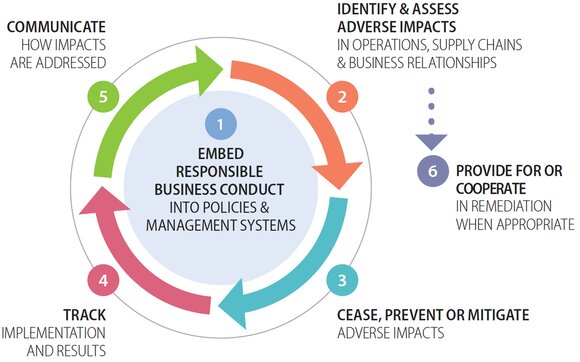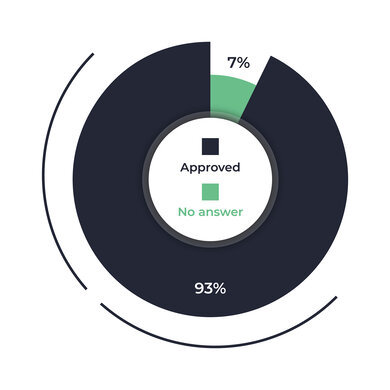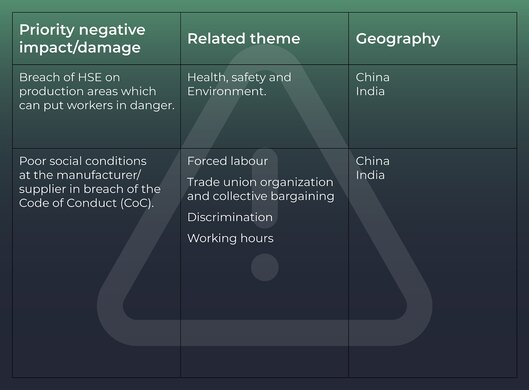Due Diligence Assessments
We would like to provide an update on our ongoing efforts regarding due diligence assessments in the areas of human rights, labor conditions, and modern slavery. Each year by June 30, we will release a comprehensive report detailing our work in these areas. Our due diligence assessment is updated annually on June 30th, and will be available here:


Do you have questions about our work with due diligence?
Enquiries with questions about sustainability, the Transparency Act or the UK Modern Slavery Act can be sent to Aina-Lena Pohl, Sustainability Manager at Melbye Group:
Email: aip@melbye.no
How we work with due diligence assessments in Melbye
Through our due diligence, we thoroughly evaluate our business practices, supply chains and partners to ensure that they meet our requirements for ethical behaviour and respect for human rights. We also take responsibility for ensuring that our employees have safe and fair working conditions.

1. Anchoring
Responsibility is anchored as part of our strategic goal to be a responsible collaborator. We have developed a set of ethical guidelines - Code of Conduct, which is closely aligned with our values and forms the foundation of our work on human rights, decent working conditions and modern slavery.
We are proud to say that out of all our current suppliers, so far 90% have confirmed their approval and adherence to Melbye's Code of Conduct.
Having a high percentage of our suppliers approving and adhering to our Code of Conduct demonstrates our commitment to promoting responsibility throughout our value chain. We continue to work towards full compliance and will continue to strengthen our relationships with suppliers to ensure that together, we uphold the highest standards of ethical practice.

2. Assessment
Here, we conduct an overall risk mapping for all our suppliers based on the following underlying criteria:
-
Purchase value
-
Suppliers with the highest average country risk
We acknowledge that certain regions may be more vulnerable to human rights violations or other significant challenges related to working conditions and modern slavery. After conducting our due diligence assessments and identifying high-risk areas, we take further steps to conduct a more thorough mapping of these risks.